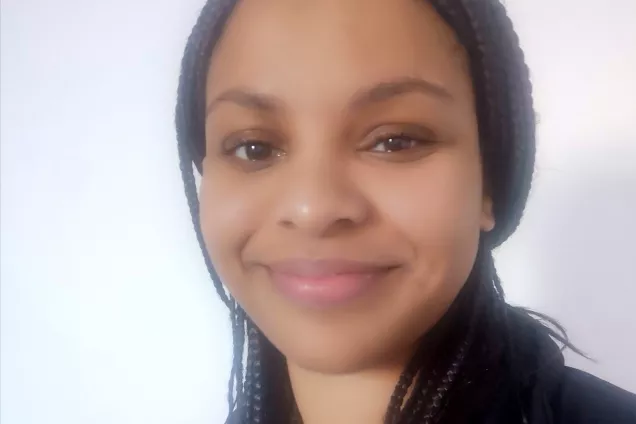Recent PhD graduate Alicia N’Guetta conducted her research in Martinique, a French overseas territory and EU outermost region in the Caribbean Sea. There is little data on how climate impacts are felt by fishers—especially beyond economic terms. This motivated her to explore how loss and damage are framed, experienced, governed in tropical fisheries.
As part of her PhD in Sustainability Science, Alicia N’Guetta conducted a systematic review of existing research on loss and damage in tropical fisheries, alongside empirical studies using qualitative methods—including interviews, go-alongs, visual typology, and focus groups—with fisheries actors in Martinique.
Disconnect between how loss and damage are addressed and how they are experienced
Her findings reveal a significant disconnect between how loss and damage are addressed in current climate policy—often through quantitative, economic, and post-impact approaches— and how they are experienced by fishers on the ground.
– Fishers experience loss and damage as something deeply intertwined with other challenges—like social inequality, or environmental pollution, says Alicia N’Guetta.
She found that for many fishers, loss and damage are not isolated incidents, but part of a continuum of ongoing changes and hardships. While it may be difficult to pinpoint fully what is lost and when, the cumulative and interconnected nature of these changes offers critical insights into loss and damage nature and extent in everyday life in fisheries—insights that must inform more just and inclusive policy responses.
She also draws attention to the challenge of measuring ecological changes, particularly underwater biodiversity loss, which is often ambiguous across space (e.g., species migration) and time (e.g., shifting baselines across generations).
– Capturing these changes—in both science and policy—is a major challenge, she notes.
Key recommendations: to recognise and document loss and to include fishers in governance
To better address loss and damage in tropical fisheries, she proposes several key recommendations. First, she emphasizes the need to recognize and document what is being lost—by whom, how, and why.
– Without these knowledges, we can’t build effective strategies, nor can we distribute support equitably, says Alicia N’Guetta.
She stresses the importance of procedural equity, ensuring that fishers' local knowledge and lived experiences are meaningfully included in governance. In a context like Martinique—governed by overlapping regional, national, and EU institutions— institutions must collaborate more effectively. “We also need to think beyond inclusion and address restorative and transformative equity—repairing past exclusions and addressing the systems that continue to perpetuate them.”
– Addressing loss and damage in tropical fisheries is complex, and reflections are only started, but giving fishers a seat at the table is key. Their knowledge, experiences, and framing can be a vital resource for understanding and managing climate impacts.
She concludes:
– When we reject a single narrative and embrace multiple perspectives, we can create just, effective, and sustainable policies that truly address loss and damage in tropical fisheries.

